__________
[
-
Write an essay of 160-200 words based on the following drawing.
In your essay, you should
1) describe the pictures,
2 ) interpret the meaning, and
3) give your comment.
You should write neatly on ANSWER SHEET 2. (20 points)
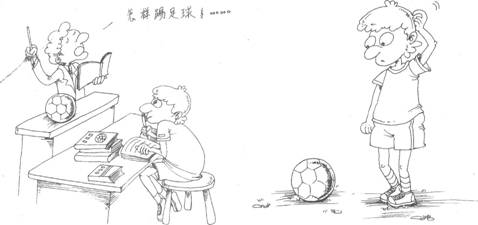
-
Directions:
Your company is planning to hold a meeting in a hotel. Write a letter to the hotel manager to
1 ) book a conference room and
2) ask them to make some necessary preparations.
You should write about 100 words on ANSWER SHEET 2. Do not sign your own name at the end of the letter. Use "Li Ming" instead. You don't have to write the address. (10 points)
-
__________
-
__________
-
__________
-
__________
-
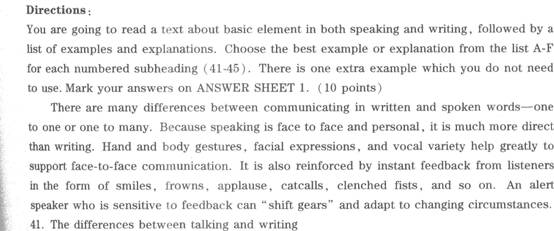
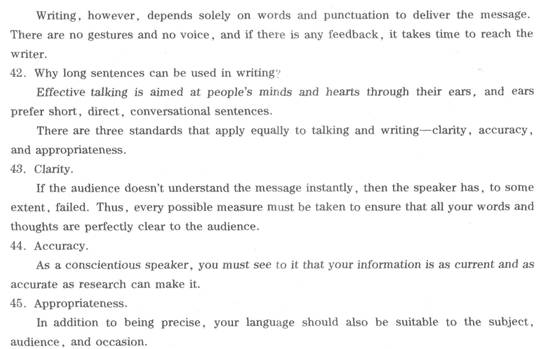
[ A] For instance, a speaker can vary his/her pitch or tone to change the meaning expressed. A writer, on the other hand, has to rely solely on the words and context or even explanations in braces to achieve that.
[ B ] Good talking is wordy, repetitive, and far less structured than efficient writing. A good speech, reproduced word for word on paper, usually does not read well because it rambles and repeats words and thoughts. It is not nearly as disciplined and organized as good writing.
[ C] Throughout your talk, words are your prime means for helping your audience
understand your message. And to harness the profound power of words, you should develop a lifelong habit of using a dictionary and a thesaurus. If you do not exploit these resources, you will fail to achieve your full potential as a speaker and conversationalist. Another device that will help you achieve clarity in your talk is a summary. If your talk consists of three will-researched major points, lit those points in your introduction so your audience will know at once what ground you will cover. Discuss them in depth, summarize them at the end of your talk, and emphasize any conclusions hat they lead to.
[ D ]For example, a speaker who's addressing a Parent-Teacher Association should avoid the statistical and psychological jargon of advanced educational researchers. By the same token, she should not indulge in teenage slang. Any speaker worth her salt will analyze her audience first and adapt her language accordingly.
[ E ] The surest way for you to damage your credibility is to spew forth misinformation or outdated information. How many times have you seen a story, a name, an important fact, or a charge against someone retracted in newspapers? Unfortunately, the damage was done when the misinformation first appeared in print. Such unwarranted embarrassment and mental anguish could have been avoided if someone had taken the time to recheck the informtation. If your talk is on a current or crucial topic, do your homework and arm yourself with quotations and sources to fortify your facts.
[F] Long, involved sentences are acceptable in writing for two reasons: (1) The eye can absorb many more words in an instant than the ear can hear. (2) If a reader stumbles on a marathon sentence, she can read it again. Not so with spoken words once uttered they're gone, especially in speech. If a listener misses a sentence, both she and the speaker have lost part of the message; there is no going back, except perhaps during the question-and-answer period. In a conversation, of course, the listener can ask the speaker to repeat.
根据以上内容,回答1~5题。
__________
-
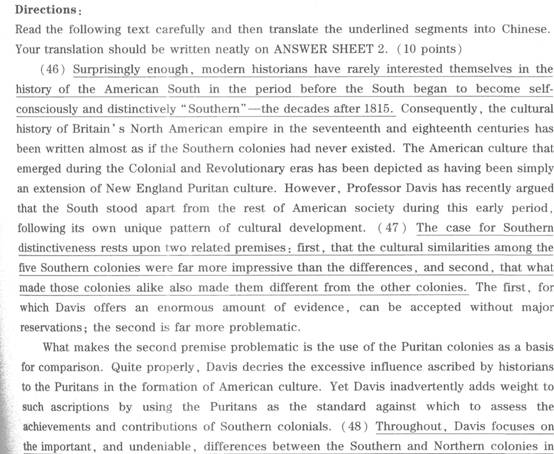
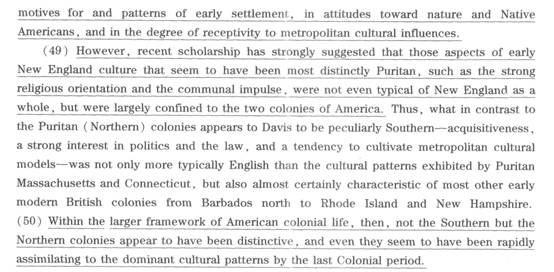
根据以上内容,回答1~5题。
__________
-
It c
- an
- be inferred from the text that [A] private-equity pays more attention to fast growing industries. [B] new
- comers
- deny the fact that technology is vital to media industry. [C] traditional media managers often deny the importance of technology. [D] the public stock market accentuates business with more cashflow.
-
The c
- ase of the executives at Time Warner was cited to show that [A] it was a
- big disaster for them to have merged with AOL in 2000. [B] the board of Time Warner was not qualified to lead the
- company. [C] MGM woul
- d give its buyer a sharper competitive edge. [D] leading media companies were "once bitten, twice shy".
2005年初级经济师考试《旅游经济专
初级旅游经济师试题及答案一
初级旅游经济师试题及答案二
2005年初级经济师考试《邮电经济专
初级经济师试题及答案1(邮电经济)
初级经济师试题及答案1(保险经济)
初级经济师试题及答案2(邮电经济)
初级经济师试题及答案2(保险经济)
初级经济师试题及答案3(保险经济)
2014年经济师初级考试真题《建筑经




